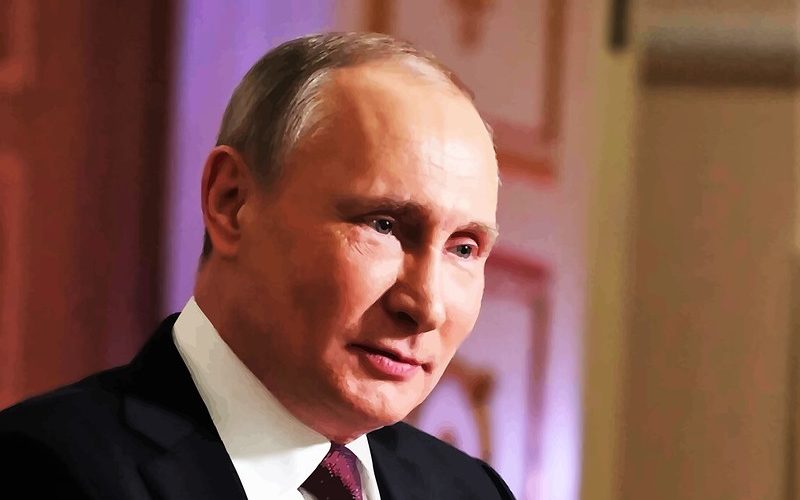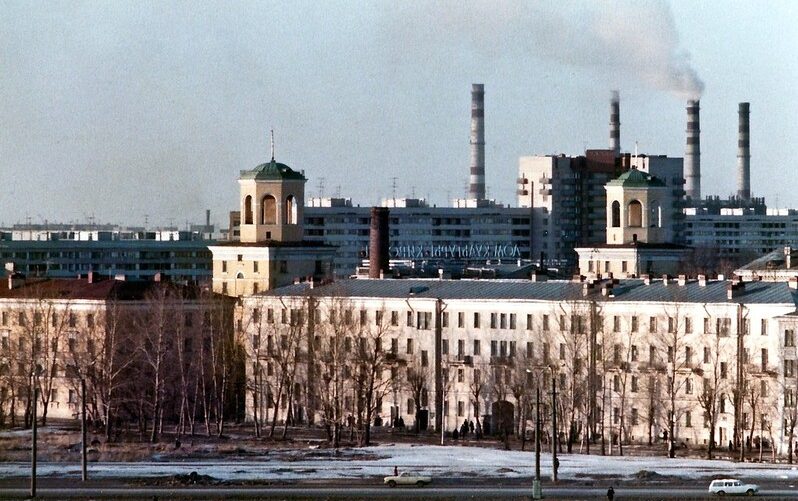
Putin’s Basilisk
In 2017, Putin stated that the one who became the leader in AI would be the ruler of the world, adding that it would be undesirable if someone obtained a monopolist position and that Russia would share its discoveries with the rest of the world. It was likely his way of affirming dominance while letting the world know that Russia is ready to expand its intellectual boundaries. Putin even tried monopolizing the crypto market: when the central bank called for a ban on cryptocurrencies, Putin was against this decision. During a call on January 26, a month before invading Ukraine, Putin stated the potential and advantages Russia has in this field. This could have been a first red flag: If Kremlin was already planning an all-out war, they were likely expecting sanctions, hence, giving alternate ways of securing wealth a thought.

Transformation in Russian Civil Society
This analysis studies the transformations in Russian civil society from the eighteenth through the twenty-first century. It argues that powerful political structures, formed during the Imperial, Soviet and post-Soviet periods, have influenced civil society arrangements in the modern-day Russian Federation. Similar to Russian forms of democracy and the market economy, which diverge substantially from Western European models, civil society as it exists in the RussianFederation has not followed the West’s trajectory of development. This Russian iteration of civil society, which emerged after the collapse of the Soviet Union, is the result of successive transformations across social sectors over several centuries and is justified through various factors unique to the Russian socio-political context.

